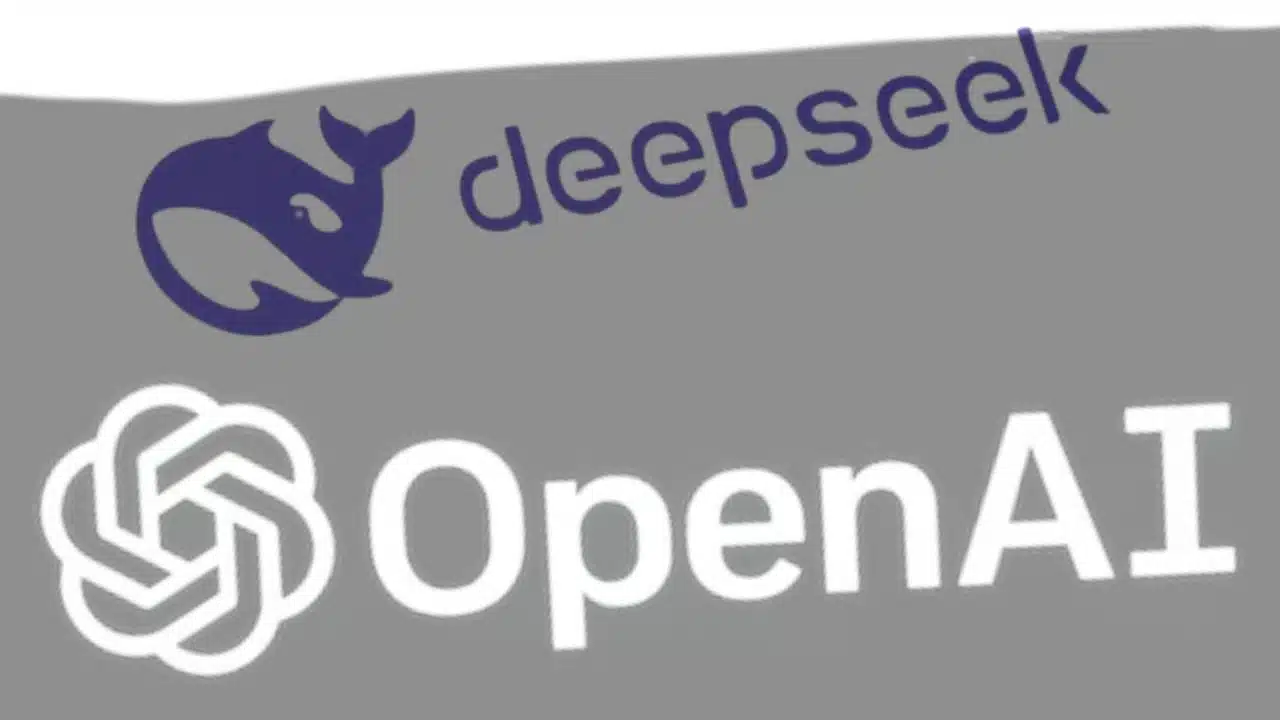The release of China’s DeepSeek AI has sent shockwaves through the global technology industry, disrupting markets and challenging the United States’ dominant position in artificial intelligence (AI).
Dubbed AI’s “Sputnik moment” by venture capitalist Marc Andreessen, DeepSeek’s sudden and transformative impact has sparked intense debate over the future of AI leadership.
A Record-Breaking Debut
DeepSeek quickly became the most downloaded free app on Apple’s US App Store over the weekend. By Monday, it had triggered a historic sell-off in tech stocks, as concerns mounted about America’s ability to maintain its edge in the AI race. Nvidia, a leading designer of AI chips and a Wall Street favorite, saw its shares plunge by 17%, wiping out nearly $600 billion in market value—a record-breaking loss in US stock market history.
The fear stems not just from the app’s capabilities but also from the startling claims about its development costs. While companies like OpenAI reportedly spent $5 billion in 2024 alone, DeepSeek’s creators claim to have developed their model for just $5.6 million. This dramatic cost disparity has raised serious questions and rattled confidence in the US tech sector.
Silicon Valley Left Stunned
The emergence of DeepSeek has left many in Silicon Valley reeling. Investors and analysts, typically quick to comment on tech trends, were unusually silent. Gene Munster, a veteran analyst, expressed skepticism about the financial claims, questioning whether DeepSeek’s development costs were being subsidized or if its figures were accurate.
“The chatbot is surprisingly good, which just makes it hard to believe,” Munster said, describing DeepSeek as a “flex” by China and a “black eye for US tech.”
The timing of DeepSeek’s debut couldn’t have been more ironic, coming just days after a high-profile press event featuring OpenAI CEO Sam Altman, Oracle’s Larry Ellison, and former President Donald Trump. The event celebrated a new $500 billion joint venture, Stargate, which aims to solidify America’s dominance in AI with massive investments in data centers and job creation.
A Shift in Assumptions
DeepSeek’s arrival has upended long-held beliefs about AI development. Until now, the US relied on abundant data centers, cutting-edge chips, and massive capital investments to maintain its lead. DeepSeek, however, challenges this paradigm by claiming to have used open-source software and existing technology, combined with Nvidia’s H800 GPUs, which are subject to US export restrictions.
For years, DeepSeek’s founder, Liang Wenfung, had been quietly stockpiling GPUs through his hedge fund, High-Flyer. This strategic foresight, coupled with DeepSeek’s innovative approach, may have allowed the company to bypass the resource-intensive methods traditionally used in AI development.
The Global Implications
DeepSeek’s impact extends beyond technology. Energy stocks also took a hit, as the app raised questions about whether the energy-intensive AI infrastructure currently being developed in the US is even necessary. President Trump described the situation as a “wake-up call” for the American tech industry, emphasizing the need for cost-efficient AI solutions.
The US government may now revisit its policies on chip exports to China, especially as DeepSeek leverages Nvidia technology despite existing restrictions. Meanwhile, OpenAI’s Sam Altman acknowledged the competitiveness of DeepSeek, calling it “impressive” and hinting at the invigorating challenge posed by a new rival.
The Dawn of a New AI Race
DeepSeek’s launch marks a pivotal moment in the AI race, akin to the Sputnik satellite that kickstarted the space age. Its sudden rise underscores the need for the US tech sector to adapt and innovate in response to emerging global competitors.
How Silicon Valley responds to this challenge will determine whether America can maintain its leadership in AI or whether this moment will signal a broader shift in the balance of power. As the AI race accelerates, one thing is clear: the stakes have never been higher.
The Information is Collected from BBC and USA Yahoo.








































